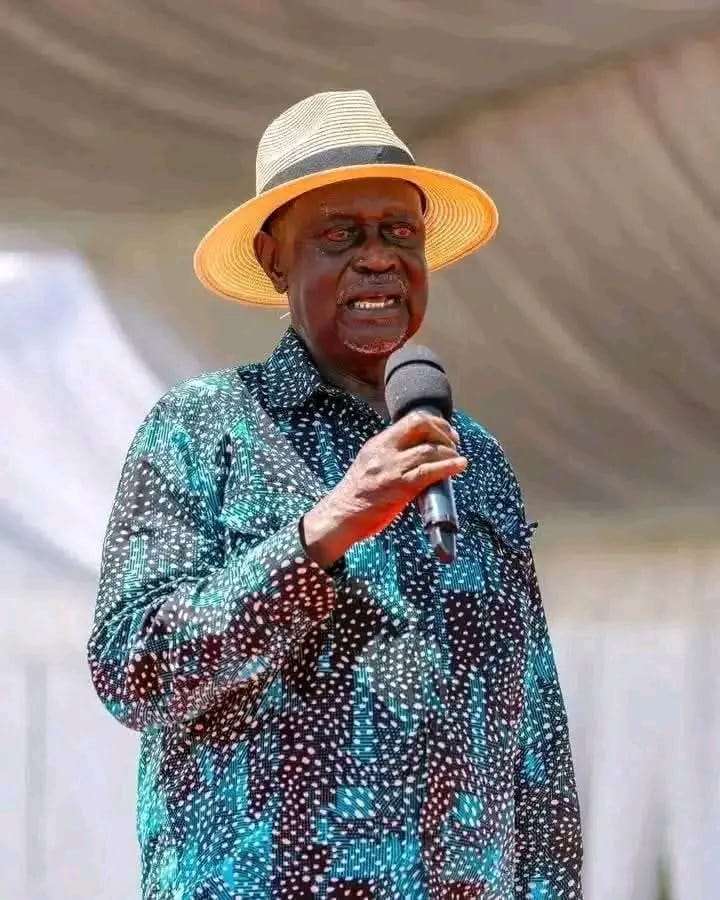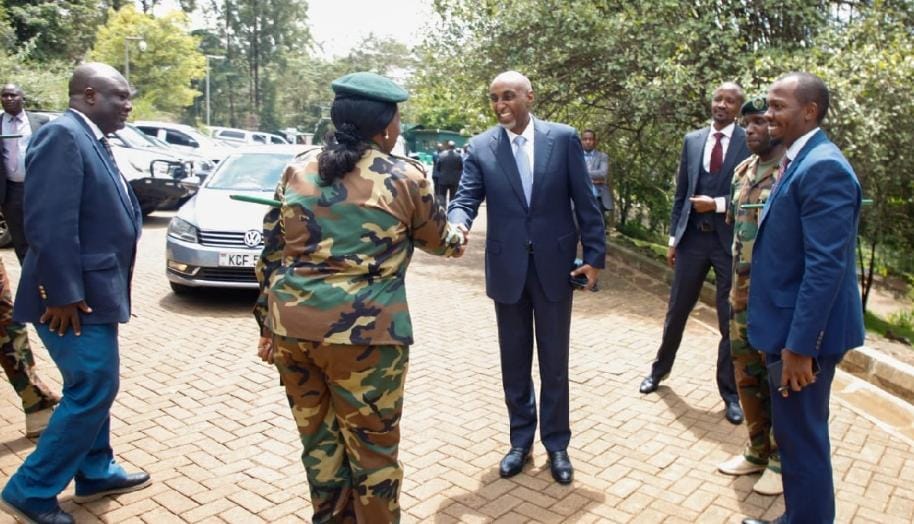By James Okoth
The Orange Democratic Movement (ODM) stands at a crossroads. Following Raila Odinga’s death, the party that once defined Kenya’s political rhythm is now grappling with internal unrest and competing ambitions. At the heart of this transition stands Dr Oburu Oginga, tasked with uniting a movement built on loyalty, legacy and emotion.
Embakasi East MP Babu Owino has lately found himself increasingly isolated within the party. Once ODM’s youthful torchbearer, he now appears disillusioned after the party’s leadership shielded Nairobi Governor Johnson Sakaja from impeachment. What was presented as a call for calm left Babu feeling betrayed, marking the beginning of visible tension between him and the party hierarchy.
His recent online remarks and subtle jabs at ODM’s leadership reflect a deeper frustration, one quietly shared by other members who feel sidelined. The once-solid unity within ODM’s ranks is beginning to show cracks, particularly among younger leaders eager for fairness and recognition.
Oburu Oginga’s rise to party leadership has injected a new tone into the conversation. Calm and calculated, he has chosen reconciliation over confrontation, acknowledging Babu’s frustrations and promising to personally engage discontented members. His mission is simple but urgent: heal, rebuild and restore trust.
“I have heard the rumours,” he admitted during a live interview on a vernacular radio station. “I am just a Siaya Senator who visits Nairobi like other elected leaders and I had not been briefed about Babu.”
He added that he had been preoccupied with his legislative duties and was previously unaware of certain party matters.
“Now that I have taken over the leadership, I will reach out. Babu Owino is our son. I will look for him. ODM must have a candidate in the Nairobi gubernatorial race in 2027,” he assured.
One of Oburu’s boldest declarations is the end of hand-picking candidates. He insists that all aspirants will now face the electorate through open and fair primaries, a commitment that, if honoured, could redefine ODM’s internal democracy and silence long-standing accusations of favouritism.
“What has derailed ODM as a party is direct nomination or hand-picking,” he affirmed. “I want to assure all members that there will be no hand-picking. All aspirants will have to face the electorate.”
The timing could not be more critical. During the last nomination season, several positions in Migori, Siaya and Homa Bay were exempted from primaries and awarded through direct tickets. The result was outrage. In Migori, protests erupted as aspirants cried foul, while in Homa Bay and Siaya, defections followed.
That rebellion soon translated into results at the ballot. A notable number of independent candidates emerged victorious in traditional ODM strongholds across Nyanza, a clear warning that the Orange wave was fading where democracy seemed absent.
Oburu’s leadership now faces its first real test in the upcoming by-elections across Nyanza and Western Kenya. How he rebuilds trust and reconciles party disputes will determine whether ODM reclaims its footing or continues to fragment under internal pressure.
For Babu Owino, this new political order is both a test and an opportunity. If Oburu’s reforms hold, he could reclaim relevance through a transparent contest, free from fears of sabotage. But if old habits persist, his frustrations may deepen ODM’s internal rift.
Oburu’s challenge is immense. He must balance tradition with transformation, loyalty with fairness and ambition with unity. Yet his early tone — inclusive, deliberate and firm — suggests that ODM may finally be learning to govern itself from within.
If his promises are matched by action, ODM could rise again, not just as Raila’s legacy party, but as a redefined political force built on transparency and trust. The Orange flame, once flickering, might yet find new life under Oburu’s steady hand.




